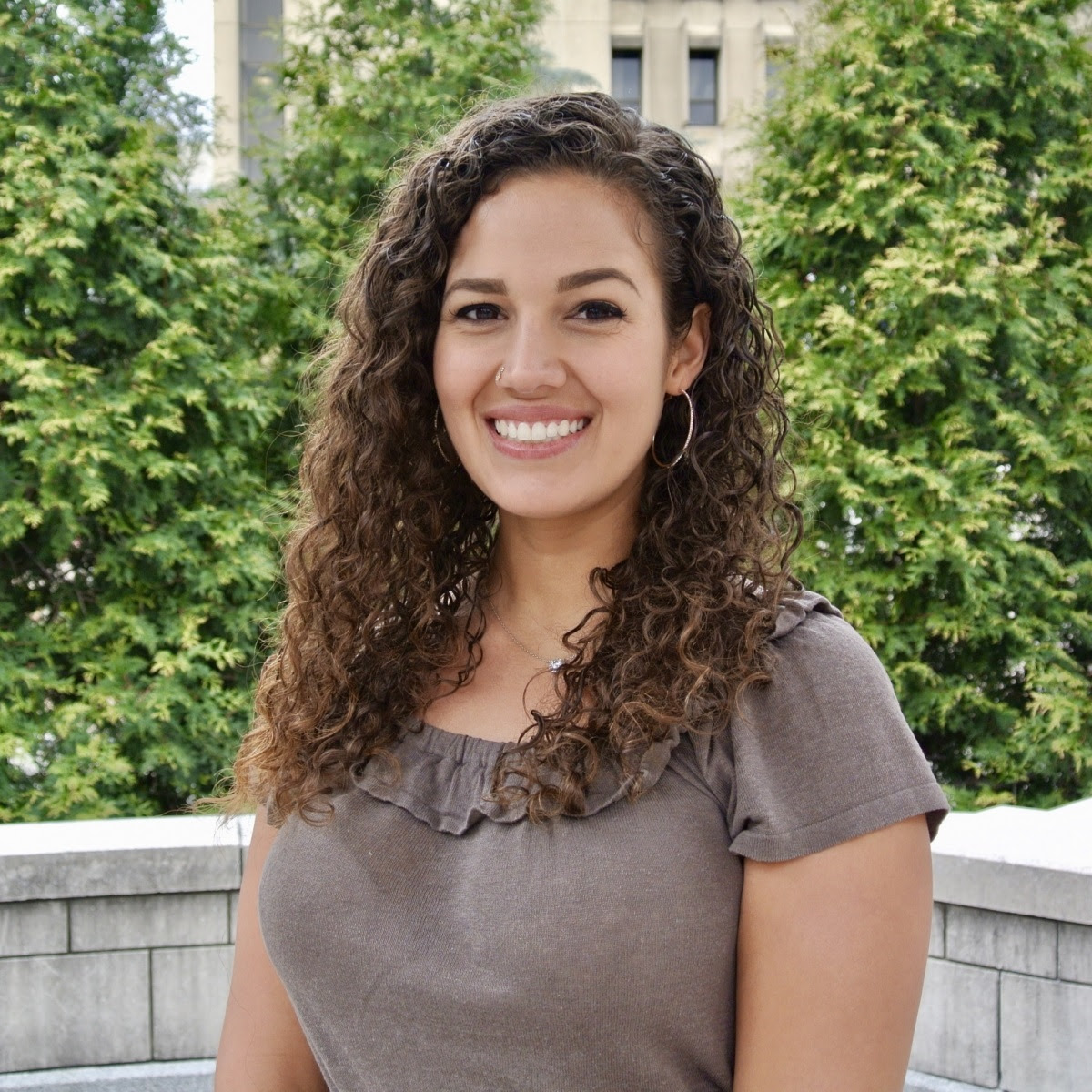
- Details
- By Chickasaw Nation Media
The Chikasha Ihoo (Chickasaw Women) Empowerment Series returns 2 p.m., March 26, at the Chickasaw Cultural Center, Sulphur, Oklahoma.
Chickasaw citizen Dr. Elizabeth Rule is the guest speaker of the first session of 2024.
A quarterly event that highlights the accomplishments and perspectives of Chickasaw women, the series features Chickasaw speakers who present on topics related to their studies, experiences and points of view. It sheds light on the unique perspective of Chickasaw women worldwide.
Rule is assistant professor of critical race, gender and culture studies at American University, Washington, D.C. Her research on Indigenous issues has been featured in The Washington Post, “Matter of Fact” with Soledad O’Brien, The Atlantic, Newsy and National Public Radio.
She is also a published author, releasing scholarly articles in the American Quarterly and in the American Indian Culture and Research Journal.
Rule created the “Guide to Indigenous DC,” an app for portable electronic devices which highlights important contributions made by First Americans in select landmarks and sites for which the city is famous.
She has since expanded her work, developing the “Guide to Indigenous Baltimore” and “Guide to Indigenous Maryland.”
Georgetown University Press recently published her first book, “Indigenous DC: Native Peoples and the Nation’s Capital.” It analyzes historical and contemporary sites of Indigenous importance in Washington and complements her “Guide to Indigenous DC” mobile app. The book is also an award winner, having earned the Association for Ethnic Studies’ Outstanding Book Award in 2023.
Her book “Reproducing Resistance: Gendered Violence and Indigenous Nationhood,” received the Julien Mezey Award for best dissertation from the Association for the Study of Law, Culture and the Humanities in 2020.
Rule is currently in her second year of a three-year Social Impact Fellowship Residency with the Kennedy Center in Washington, D.C., where she is writing a television screenplay titled, “Moon Time.”
She recently went on leave from American University to begin a new political appointment, to New York Governor Kathy Hochul’s Executive Chamber, making her the first deputy secretary for First Nations in the history of the state. It is a policymaking position dedicated to the support of Indigenous self-determination and well-being.
Rule continues her work as an educator by presenting her research and delivering invited talks on First American issues. More than 100 public speaking engagements and interviews have taken her across three continents and to seven countries.
Rule earned her undergraduate degree from Yale University and her master’s and doctorate in American studies from Brown University.
The Chikasha Ihoo (Chickasaw Women) Empowerment Series is open to the public at no charge. Registration and more information are available at Chickasaw.net/Empowerment.
Save the date for the second series event of the year, Aug. 27, at the Chickasaw Cultural Center, 867 Cooper Memorial Drive, Sulphur.
For more information, contact the Chickasaw Nation Literary Arts Division at (580) 436-7282 or email CreativeArts@Chickasaw.
More Stories Like This
Native News Weekly (August 25, 2024): D.C. BriefsUS Presidents in Their Own Words Concerning American Indians
Indigenous Actor Elaine Miles Reports Detention by Alleged ICE Agents
Happy Thanksgiving from Native News Online
Coming Up on Native Bidaské: Behind the Animation: Joey Clift Talks “Pow” and Native Storytelling
Help us tell the stories that could save Native languages and food traditions
At a critical moment for Indian Country, Native News Online is embarking on our most ambitious reporting project yet: "Cultivating Culture," a three-year investigation into two forces shaping Native community survival—food sovereignty and language revitalization.
The devastating impact of COVID-19 accelerated the loss of Native elders and with them, irreplaceable cultural knowledge. Yet across tribal communities, innovative leaders are fighting back, reclaiming traditional food systems and breathing new life into Native languages. These aren't just cultural preservation efforts—they're powerful pathways to community health, healing, and resilience.
Our dedicated reporting team will spend three years documenting these stories through on-the-ground reporting in 18 tribal communities, producing over 200 in-depth stories, 18 podcast episodes, and multimedia content that amplifies Indigenous voices. We'll show policymakers, funders, and allies how cultural restoration directly impacts physical and mental wellness while celebrating successful models of sovereignty and self-determination.
This isn't corporate media parachuting into Indian Country for a quick story. This is sustained, relationship-based journalism by Native reporters who understand these communities. It's "Warrior Journalism"—fearless reporting that serves the 5.5 million readers who depend on us for news that mainstream media often ignores.
We need your help right now. While we've secured partial funding, we're still $450,000 short of our three-year budget. Our immediate goal is $25,000 this month to keep this critical work moving forward—funding reporter salaries, travel to remote communities, photography, and the deep reporting these stories deserve.
Every dollar directly supports Indigenous journalists telling Indigenous stories. Whether it's $5 or $50, your contribution ensures these vital narratives of resilience, innovation, and hope don't disappear into silence.
 The stakes couldn't be higher. Native languages are being lost at an alarming rate. Food insecurity plagues many tribal communities. But solutions are emerging, and these stories need to be told.
The stakes couldn't be higher. Native languages are being lost at an alarming rate. Food insecurity plagues many tribal communities. But solutions are emerging, and these stories need to be told.
Support independent Native journalism. Fund the stories that matter.
Levi Rickert (Potawatomi), Editor & Publisher
